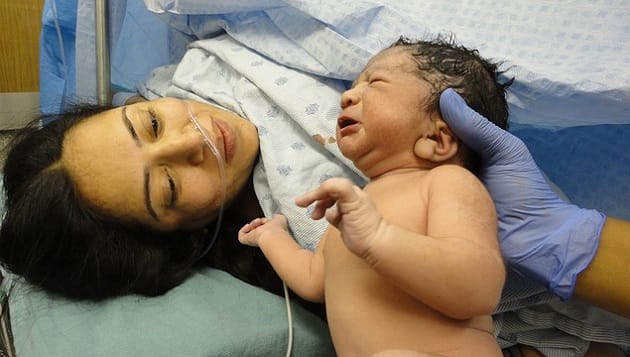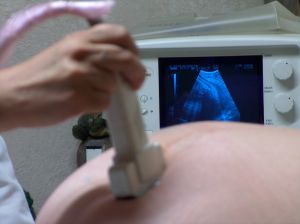Are you thinking about getting pregnant after a miscarriage? This can be a traumatic experience for any woman, as one has to deal with all the physical and emotional stresses of losing a baby.
You may be feeling confused or anxious about what caused your miscarriage and want to know the right time to get pregnant again. The information below will give some important information to help you understand more about pregnancy after a miscarriage.
First and foremost, a miscarriage is an unplanned loss of pregnancy before the twentieth week. It is traumatic but definitely not uncommon. In most cases, miscarriages happen when the fetus is not developing or growing normally. The unborn baby usually has fatal genetic conditions that are not related to the mother. There are also times when health conditions, such as problems with the cervix or uterus or uncontrolled diabetes, can cause a pregnant woman to have a miscarriage, but the cause is not known in most instances.
As a matter of fact, studies show that one out of every four pregnancies end in a miscarriage, eighty per cent of which will occur in the first twelve weeks of pregnancy. This number is perhaps higher as many miscarriages happen very early when some women are not even aware that they are pregnant. Bear in mind though that a miscarriage might not necessarily mean that you cannot have a successful pregnancy.
Getting Pregnant After Miscarriage
Couples always find it extremely difficult to make the decision to try and get pregnant after a miscarriage. Some women will start trying right away, while others find it very hard to get over their heartache to even think about trying again. If you are like most women who have lost a baby through miscarriage, you might be thinking that it has somehow happened because of something that you did.
Now, as it pertains to when you could start trying to get pregnant once again, it would be best to wait until you are ready emotionally and physically. Most of the health care professionals recommend that a woman should wait a few months after a miscarriage before trying to get pregnant. This period will give you enough time to heal emotionally and your body will get fit to support another pregnancy.
One cannot stress enough how important it is to heal physically as you will have a higher chance of experiencing another miscarriage if your endometrial lining and uterus are not healthy or strong enough.
There are also some doctors who advise women to wait one full cycle before trying to conceive, whist others believe that it’s safe to get pregnant following two or three regular menstrual cycles in cases where treatments or tests for the cause are not done. On the other hand, it will be difficult to know when your next menstrual period is going to return. After a miscarriage that is not complicated, most women with regular cycles have their period after a miscarriage in four to six weeks. If you are affected emotionally, your doctor might recommend that you wait for six months to a year in order to deal with the loss.
How to Handle the Next Pregnancy
Many women actually get pregnant quite easily after having a miscarriage. What you have to remember is that you are still going to feel some grief during the next pregnancy. It is also a good idea to follow a very good preconception care program as every pregnancy is unique and each baby is different. If you are following a healthy diet and maintaining a good fitness routine whilst staying stress-free and avoiding alcohol, smoking and illegal drugs this will go a very long way in making sure that you have a healthy baby.
In addition to that, you would have to get proper prenatal care once you become pregnant. For this, the best course of action would be to ask your doctor questions about prenatal care and inform yourself as much as you possibly can about pregnancy to avoid stress.
Chances of Having Another Miscarriage
When you are trying to get pregnant at this time, the experience can be very emotional as you might feel optimistic and hopeful one minute and then stressed, afraid and anxious the next. Of course, the chance of having another miscarriage is the most common fear. This is actually unfounded as almost 85% of the cases where women have miscarriage they go on to have successful pregnancies later. If you had an unplanned miscarriage without prolonged bleeding or infection symptoms like excessive bleeding, discharge or fever, you will ovulate two to four weeks following a miscarriage and can conceive again.
At the end of the day, getting pregnant after a miscarriage will be both difficult on an emotional and physical level, so this is something important to understand. For this reason, you have to be very open with your partner as well as your healthcare provider about your concerns and fears.



